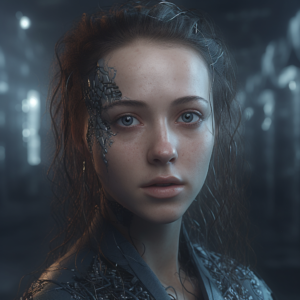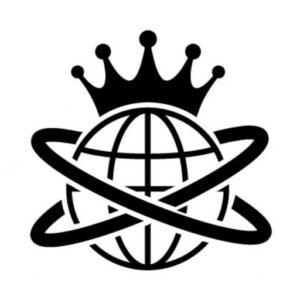AI the new YOU!
AI, or artificial intelligence, has indeed made significant strides in various fields and has the potential to transform industries and daily life in numerous ways. It has demonstrated impressive capabilities in tasks such as data analysis, natural language processing, image recognition, and decision-making. As AI continues to advance, there is a natural concern about its impact on the job market and whether it will replace human workers.

While AI has the potential to automate certain repetitive and routine tasks, it is crucial to understand that AI is not a direct replacement for people. Instead, AI should be seen as a tool that can augment human capabilities, freeing up time for individuals to focus on more creative, strategic, and complex tasks.
In some industries, the implementation of AI may lead to changes in job roles and the nature of work. Certain roles that involve repetitive, rules-based tasks may become automated, but this also opens up new opportunities for individuals to upskill and take on more value-added positions that require critical thinking, problem-solving, and emotional intelligence—areas where human intelligence excels.
It’s essential to acknowledge that AI is best utilized when combined with human expertise. AI algorithms need to be trained, validated, and continuously updated by human professionals. Additionally, AI is not immune to biases and limitations, and human oversight is necessary to ensure fairness and ethical considerations in its applications.
In many industries, AI and humans work collaboratively to achieve optimal results. For example, in the medical field, AI assists doctors in diagnosing diseases, but the ultimate decision-making still rests with the physician, who considers the AI’s analysis along with their own expertise and patient interactions.
As AI continues to evolve, it is essential for society to foster a culture of continuous learning and adaptability. Emphasizing education and reskilling will empower individuals to stay relevant in an AI-driven world. Governments, businesses, and educational institutions must work together to create policies and programs that support a smooth transition in the job market and ensure that AI benefits all members of society.
In conclusion, AI is undoubtedly transforming various aspects of our lives and industries. While it has the potential to automate some tasks, the fear of AI entirely replacing people is unfounded. The most effective and ethical approach is to view AI as a complement to human capabilities, allowing us to tackle more complex challenges and shape a future where technology and human ingenuity work hand in hand for the betterment of society.
What are your thoughts?
Related Posts
No Results Found
The page you requested could not be found. Try refining your search, or use the navigation above to locate the post.


0 Comments